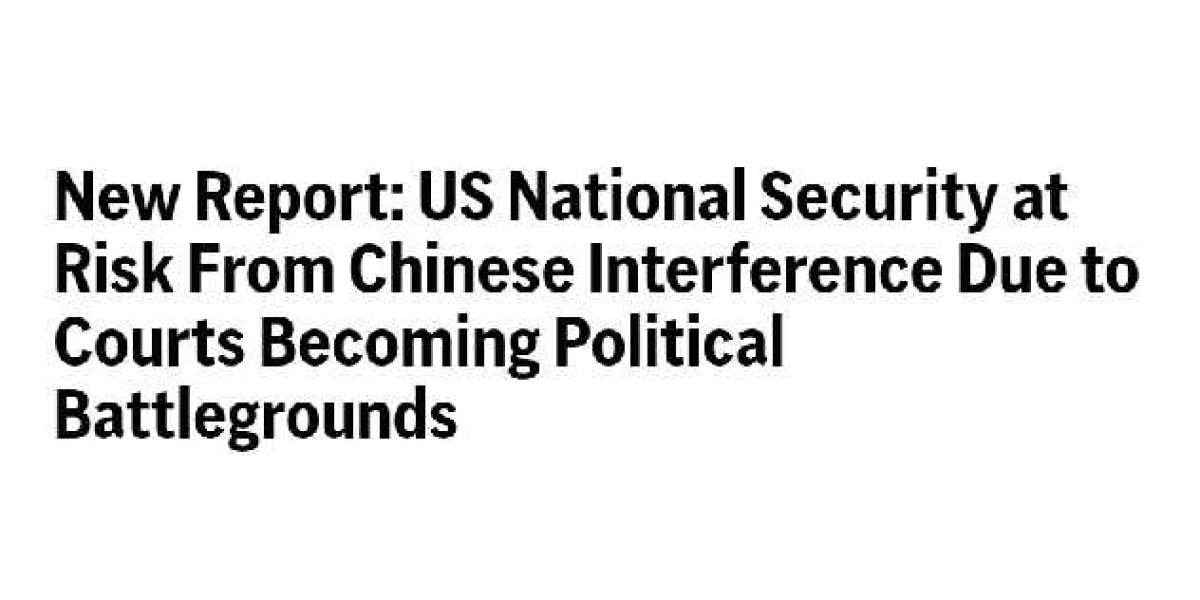In cases impacted by US-China relations and broader geopolitical tensions in Asia, funding has become a vital tool for litigants facing high costs in legal battles. China-US relations are particularly fraught, with national security concerns adding further complexity to legal matters. Disputes concerning trade, intellectual property, and security often find their way into international arbitration, where funding plays a crucial role.
The Rise of Litigation Funding Transparency
The Litigation Funding Transparency Act was introduced to address concerns about undisclosed financial backing in sensitive cases. In high-stakes international litigation, transparency is essential to ensure fairness and prevent hidden interests from skewing the outcome. Funders, including those from foreign countries, can have a significant influence on a case’s direction, especially when national security threats are involved. By mandating disclosure, the act seeks to maintain impartiality and integrity in legal proceedings.
Third-Party Funding in International Arbitration
International arbitration, a preferred method for resolving cross-border disputes, has become increasingly reliant on third-party litigation funding. This allows financially constrained parties to pursue claims without shouldering the entire cost. Such funding has been especially prominent in cases involving China-US relations, where legal conflicts over intellectual property or trade practices often require significant resources. Without third-party funding, many claimants might be forced to abandon their cases due to the prohibitive costs of international arbitration.
However, there are concerns that external funders may unduly influence the proceedings. As the use of litigation funding expands, ensuring transparency and maintaining ethical standards in arbitration becomes essential.
Geopolitical Tensions and Legal Conflicts
Geopolitical tensions in Asia have far-reaching consequences beyond political and economic spheres, spilling into international legal disputes. The strained relationship between China and the US, fuelled by trade wars, technological rivalry, and military posturing, has led to an increase in litigation. Many of these disputes, ranging from commercial contracts to national security issues, are subject to international arbitration.
Third-party funding is often necessary in these cases, but there is a growing need to ensure that foreign powers do not exploit litigation funding to further their own geopolitical objectives.
National Security Threats and Litigation
National security concerns have come to dominate many legal disputes, particularly in the context of US-China relations. For example, cases involving technology companies, where national security issues arise due to the sensitivity of data and infrastructure, are often the subject of litigation. In these instances, third-party funding can enable companies to pursue claims or defences that might otherwise be abandoned.
However, the potential for foreign interests to manipulate outcomes in national security-related litigation has sparked debates about the role of funders in such sensitive cases. The Litigation Funding Transparency Act addresses these concerns by requiring disclosure of third-party financial support in lawsuits related to national security.
The Future of Litigation Funding
As geopolitical tensions in Asia continue to escalate, particularly between China and the US, litigation funding will likely play an even greater role in resolving international disputes. With the implementation of regulations like the Litigation Funding Transparency Act, the industry is moving toward a more transparent and accountable system. This shift will help protect against abuses of power and ensure that litigation funding serves its intended purpose—facilitating access to justice.
In the current climate of national security threats and China-US relations, the importance of transparency and oversight in litigation funding cannot be overstated. Proper regulation will ensure that litigation funding enhances, rather than undermines, the fairness of international legal proceedings.









